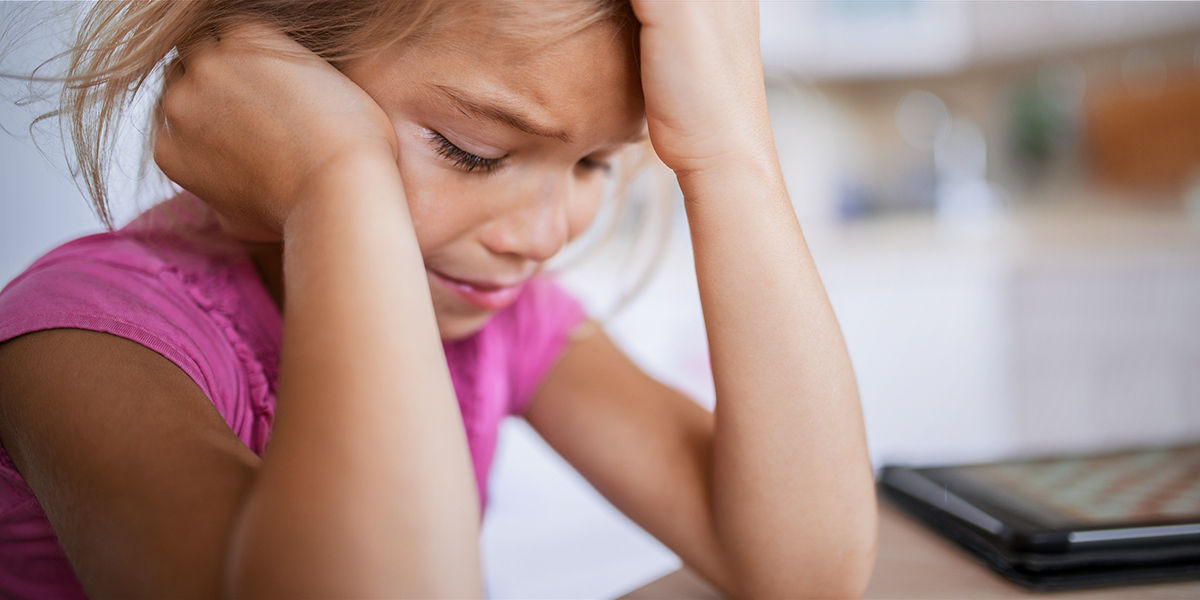Here are 8 opportunities for growth after failing …
Lenten Campaign 2025
This content is free of charge, as are all our articles.
Support us with a donation that is tax-deductible and enable us to continue to reach millions of readers.
Nobody likes failure, especially modern parents who attach such great importance to their children’s success. Today more than ever, parents try to spare their kids problems, obstacles, and failures. We see parents of children of any age trying to avoid or solve their children’s problems by talking with teachers or with sports coaches, and doing their children’s homework and projects so their kids can be winners.
However, failure is normal and healthy. It can teach us important lessons, and make us more humble, compassionate, realistic, and resilient people. Here are eight concrete ways that experiencing failure is good for our kids (and for us!):
1. Failure helps kids get in touch with different kinds of emotions
If our kids are over-protected from negative emotions, they will have problems in the future when they encounter sadness, anger, or frustration. Failure helps them to feel and recognize these emotions and learn to manage them.

2. They can learn from their mistakes
Failures allow children to reflect on what they did wrong and how they can improve. Learning from their own mistakes is an important lesson for the future.
3. It helps them to persevere
If we don’t let our kids experience failure, then later on when things don’t turn out well on the first try, they won’t be as capable of persisting as they should be because they haven’t developed willpower in the face of adversity. Perseverance is a necessary virtue for us to be able to achieve something in life.
4. We can focus on the effort with them more than on the result
A child who always triumphs can tend to see achievement as the only reward and the only thing that matters. Being with kids in their failures, and helping them acknowledge the value of the path they walked and the effort they made, will be good for both us and them. As parents, it can make us more compassionate. It can also help our children be more emotionally healthy, not rooting their self-worth only in success, and knowing how to accept failure gracefully.

5. It helps them to be more empathetic and compassionate
Children who have faced failure are able to be more compassionate toward others’ failures and frustrations. They will be more likely to put themselves in others’ shoes, and will be more inclined to help others when they struggle or fail.
6. It helps them have realistic self-esteem
Children whose lives are rigged so they think they are always the winners can have an inaccurate view of themselves. When they compare themselves to others, they will always see themselves as superior, and it will be harder for them to recognize their own flaws and failings. Failure helps us see both our strengths and our weaknesses, and can help us have a more realistic estimation of ourselves.
7. It gives us an opportunity to support them and be there for them
Failures are opportunities to emotionally hold our children and be their support. We have the opportunity to show them that we are there for them and that we love them whether or not they succeed, and to teach them how to deal with failure and the negative feelings that come with it.

8. It helps them think more creatively
Failures help us get out of our comfort zone and try again with different approaches and other ways of doing things. It helps kids be more creative and look for different solutions to their problems.
Failure is a fact of life. While we do our best to keep our children as much as possible from experiencing it, in the sense that we try to motivate them and teach them the right way to do things, we should also let them stand on their own two feet and challenge themselves, knowing that some failures are inevitable. We can’t shield them from everything; if we try to do so, instead of doing them a favor, we are undermining their ability to grow into emotionally and psychologically healthy adults.

Read more:
Success is going from failure to failure without losing enthusiasm

Read more:
Do not be embarrassed by your failures. Learn from them and start again.








